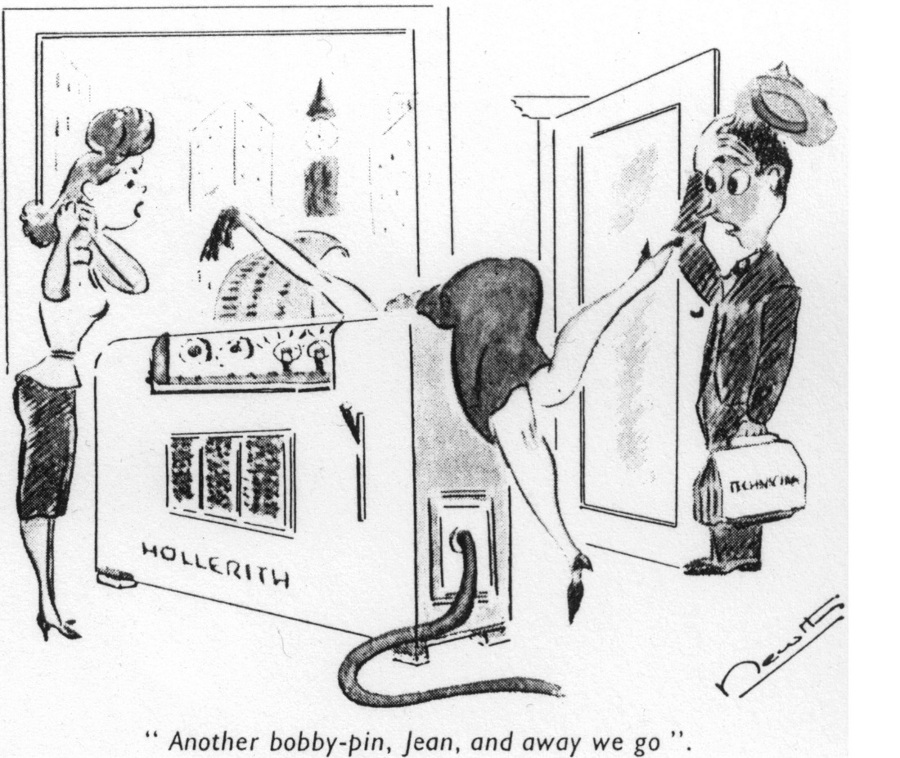Welcome, students.
It’s that time of year again, when we return to the classroom and try to make old lessons new. At least in history. Fortunately, that isn’t hard when you teach history of technology. There’s nothing like a rapidly changing contemporary landscape to put past technological developments into new perspective on a continual basis.
This year I’m doing a new course, somewhat cheekily titled “Disasters!” It looks at technological change through the lens of regulatory and social paradigm shifts caused by disasters: environmental, organizational, medical and more. It also shows students how to work with historical newspaper sources and databases, because as we discussed in class earlier this week, one of the key defining elements of a disaster is the public perception of an event as such. We are fortunate enough to now have the London Times Digital Archive for this purpose (prior to this year IIT had only very limited newspaper databases–I hope we’ll be able to get the historical New York Times archive sometime soon, despite its expense).
I’m also teaching my History of Computing course (aka Computing in History), revamped with new articles and learning activities that incorporate just-opened primary documents from my summer trip to the UK National Archives. Later in the semester you’ll be seeing some blog commentary from my students as part of their class assignments.
In fact–students–this post would be a great time for you to test out leaving a comment. You don’t have to use your real name if you don’t want to, but be sure to pick one handle and stick with it for the rest of the semester. Answer this: how many unread messages do you currently have in your main email inbox? For me, it’s 9,607. Yikes.
Don’t worry if your comment doesn’t show up immediately: I need to approve them.

